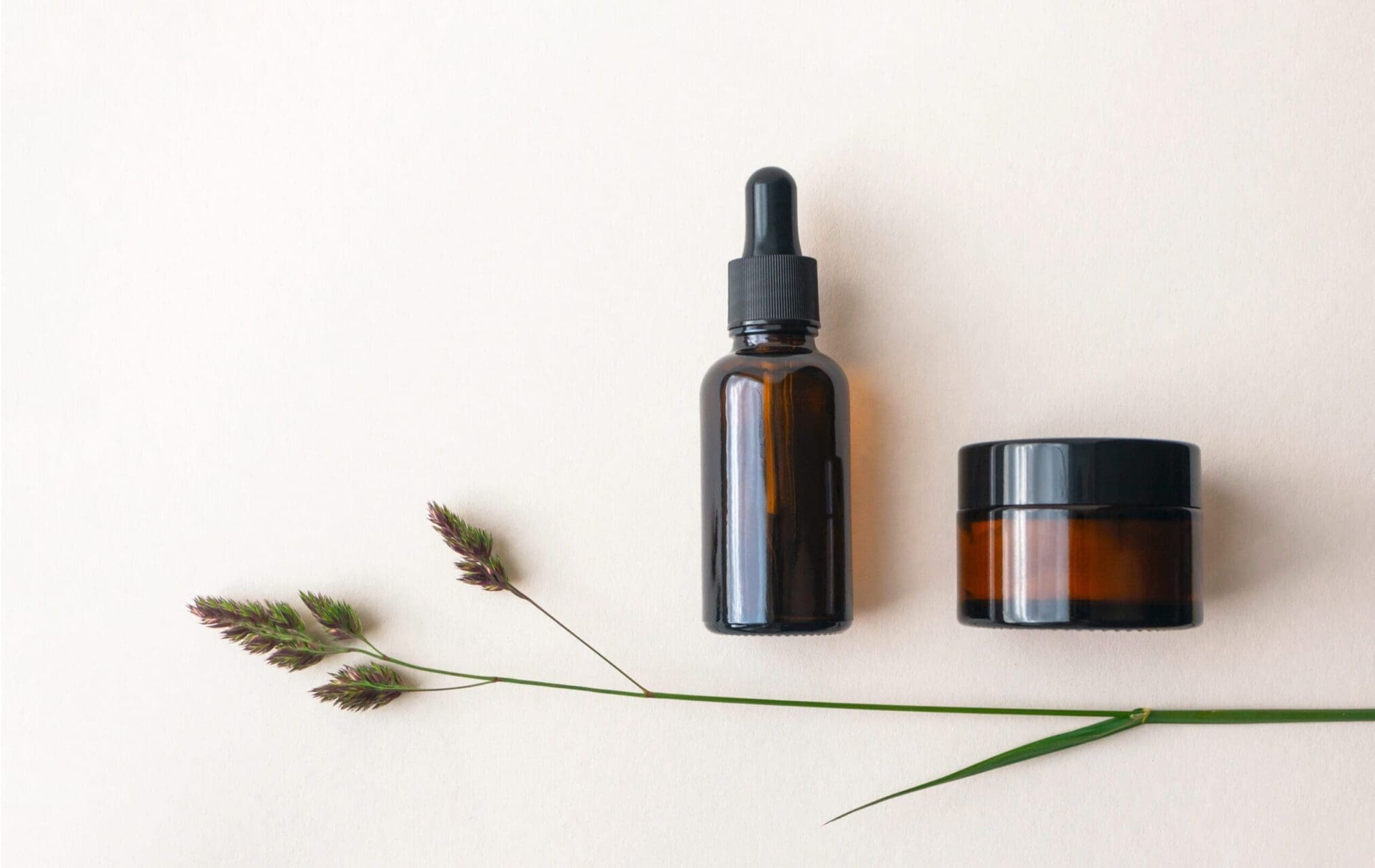Trends have emerged over the last decade, in both the global and European Market, of consumers opting for cosmetic products that describe themselves as “organic”, “natural”, “sustainably sourced”, or “green”. These products, generally, claim to be low in chemically produced ingredients and more holistic in terms of cosmetic and environmental side effects. While this represents a positive shift in consumer mindset, it has caused a need for much regulatory and compliance-related reflection brought on by an increasing number of products seeking to advertise themselves as “natural” or “organic” as a result.
In November 2016, in an effort to keep up with this new trend, the International Organization for Standardization (ISO) issued ISO 16128, a new series of guidelines for any product on the European market claiming to be natural/organic. This, along with EU Regulations EC 1223/2009 and EU 655/203 (which ensured “every claim present in a product label shall be supported by adequate and verifiable evidence”), has put a system in place to ensure any product on the European market claiming to be natural or organic in nature can indeed hold up to that claim and in doing so helped foster a more diverse range of compliant products on the market made with natural and organic ingredients.
A number of authorized bodies are in operation globally, ensuring all products making natural or organic claims are fully compliant. The hope of having such authorized bodies is to increase product transparency, create a consistent and reliable means of communicating compliance, and ensure a way for manufacturers and distributors to assure clients that their products meet all the required standards for marketing a cosmetic product as “natural” or “organic”. Authorized bodies issue compliance certification to manufacturers for their products, who can in turn bring their products to the European market.
Organic and natural products have a number of different categorizations:
- Organic: 90% or more of the product’s ingredients are organic.
- Made with Organic: Only a portion of the product’s ingredients are organic (e.g. at least 10% for products that will be washed off shortly after applying, and 20% for products to be left on the body for a long period of time).
- Natural: Products containing natural ingredients, or derivates of natural ingredients. These may contain some organic ingredients, but not enough for them to be labeled “organic” or “made with organic”.
Products found making claims of being natural or organic without compliance or certification may be removed from the market or in some cases forced to begin the compliance process again.
For more information on compliance paths for your cosmetic product, to find out about Obelis’ Responsible Person and Compliance Services, or for general advice from our team of legislative and regulatory experts, contact us today!


